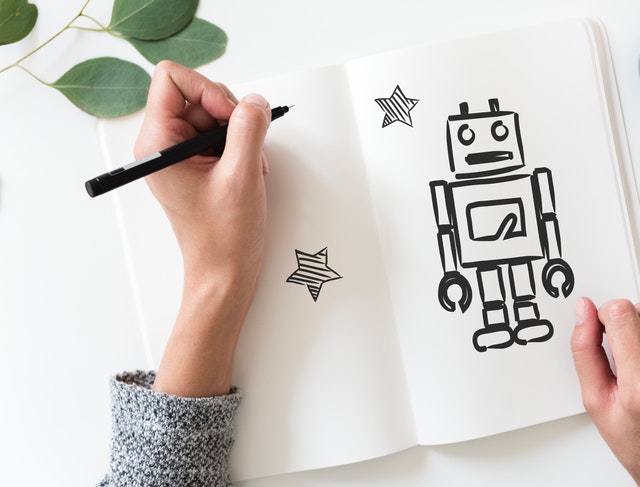
Artificial intelligence has evolved at breakneck speed, especially in the past 10 years. Where the health industry is concerned, there is still a lot of experimentation to be carried out and no doubt we will witness a lot of trial and error along the way. However, here are a few examples of AI success stories in the healthcare industry and how these are changing lives.
The hospitals using 3D models to shorten surgeries
Lengthy operations carry the risk of human error with surgeons working for hours on end to perform life-affecting procedures. An increasing number of hospitals are using 3D operating models that give surgeons the opportunity to practice long and complex surgeries before they do it for real. As well as speeding up the procedures, surgeons will be able to trial recent innovations during these pre-surgery tests, rather than a real-life patient being the first person to trial such emerging surgeries.
RMDB Healthcare startup uses data to treat rare disease
One of the biggest barriers facing companies looking to create new drugs is collecting enough information to find the right treatment. A startup named RDMD is approaching this issue by using artificial intelligence to examine data from medical records and find patterns and common ground in rare disease cases, much like IBM’s Watson in the case of cancer diagnosis. By cross-referencing information about patients, commonalities can be found and new conditions and diagnostics information can be brought to light.
Advanced robotics for heart surgeries
The term ‘heart surgery’ is synonymous with diligence and skill, though as with any heart surgery, there is an element of risk involved. Research carried out by Carnegie Mellon University has helped develop a robot that can perform heart therapy treatments whereby the doctor creates a small incision and guides the robot to specific areas of the heart.
Elon Musk: mind-controlled gadgets on their way
Only a few weeks ago, billionaire genius Elon Musk announced his plans for newly established company Neuralink, which had been top secret since its beginnings in 2016.
Neuralink revealed a brain-computer interface, AKA technology that will allow machines to interpret activity happening in the brain. When asked about the motivation for developing this technology, the company said they hope that the interface can help people with paralysis to control prostheses and to interact with artificial intelligence.
‘At the moment, we rely on an interface with technology such as our laptops that is slowed by our fingers or eyes. Inserting a chip into our brains to speed things up will be key to overcoming that’ said Musk in a press statement.


